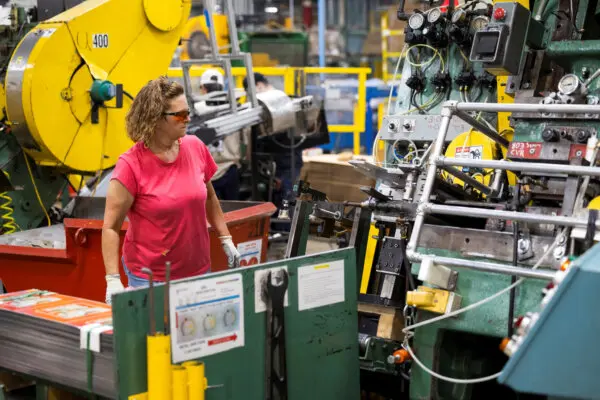When Dr. Aly Cohen’s beloved 4-year-old golden retriever suddenly became very ill, her personal and professional lives collided painfully. Truxtun was diagnosed with autoimmune hepatitis, a rare condition for his breed. “The fact that it was an autoimmune disease”—Dr. Cohen’s area of expertise—“was bizarre,” she said.
She started looking into what might’ve triggered the immune system of her otherwise healthy dog. She first wondered whether he could have been drinking contaminated water. Then she thought about his flea and tick collar, and then the red rubber toy he was inseparable from.










